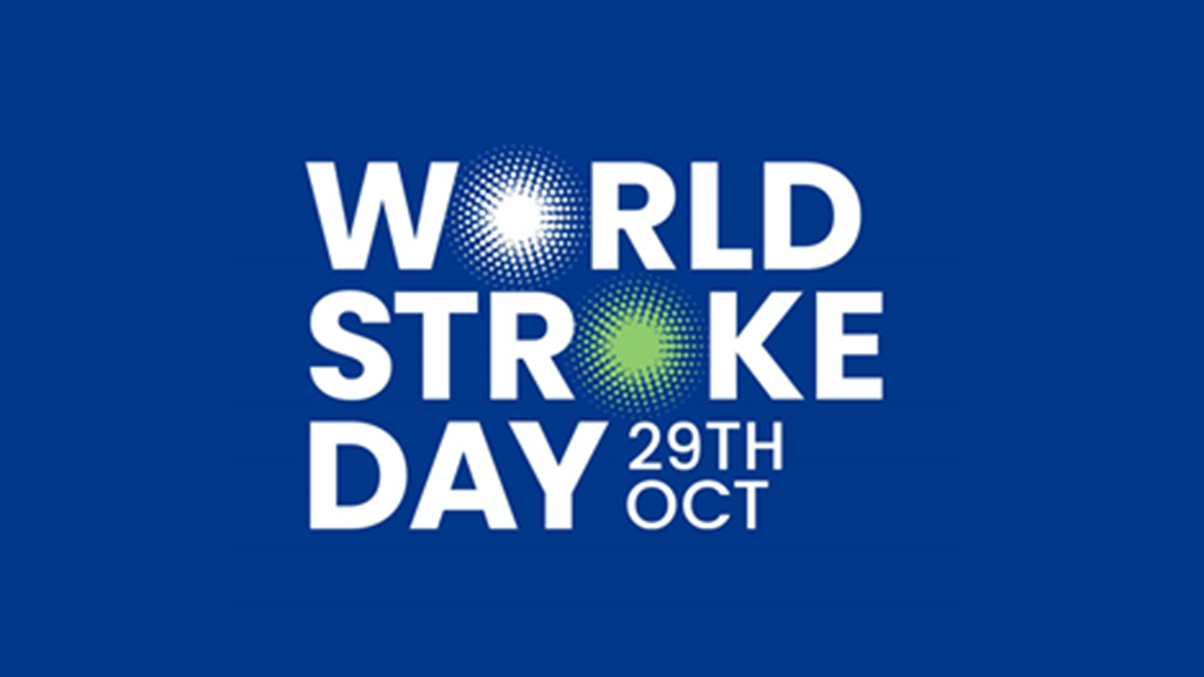AB was an active 62-year-old who enjoyed playing football, writing music, gardening and travelling. He suffered a severe brain injury due to a posterior circulation ischaemic stroke in 2017 that resulted in paralysis.
AB instructed Stewarts to help investigate whether his stroke could have been avoided and obtain compensation to allow him to receive essential care and equipment. Senior Associate Katherine Fitter and paralegal Gemma Moore review the case here.
Background
In late August 2017, AB began to suffer from dizziness, light-headedness and slurred speech. He attended a minor injuries unit, where he was diagnosed with labyrinthitis (an inner ear infection that affects your balance). AB was sent home but remained unwell.
Two days later, AB called 111, and a paramedic attended his house. The paramedic made a provisional diagnosis of vertigo, and no further action was taken. However, later that same day, AB’s condition suddenly deteriorated with the onset of vomiting and seizures.
AB was taken to hospital by ambulance, where he was diagnosed with aposterior circulation ischaemic stroke and placed into intensive care. A CT brain scan and further CT angiogram demonstrated a blood clot in AB’s brain. Some of the clot was removed during a cerebral angiography procedure.
Upon waking from surgery, AB suffered from Locked-In Syndrome, which left him unable to walk, talk or eat, and a complete loss of bladder and bowel control. Since then, he has made significant progress with mobility and communication, but he remains severely disabled and requires a high level of care and assistance.
The legal case
AB instructed Stewarts, and Katherine Fitter investigated a claim against the commissioning group responsible for the minor injuries unit. Expert evidence was obtained, which advised that the nurse at the minor injuries unit had failed to diagnose AB correctly.
A subsequent expert advised that it was highly likely that by the time of his attendance at the unit, AB had already suffered a minor stroke, known as a transient ischaemic attack (TIA). His symptoms on his visit to the minor injuries unit were due to the TIA and were incompatible with the diagnosis of labyrinthitis. If correctly diagnosed as suffering from a TIA, AB would have been prescribed high dose aspirin immediately and referred urgently to a TIA service or sent straight to hospital.
Expert evidence was that prescription of high dose aspirin at the minor injuries unit, which was more than 24 hours before he suffered the major debilitating stroke, would probably have been effective in preventing it.
The defendant initially denied liability when a Letter of Claim was sent, but in their defence admitted that the incorrect diagnosis had been made at the minor injuries unit. It was, however, denied that the prescription of aspirin would have prevented the later major stroke.
Settlement
Following receipt of the defence, the parties attended a settlement meeting, and a liability settlement was reached on favourable terms for AB, with some discount to reflect the difficulty of proving the aspirin would have been effective. The defendant also agreed to make a substantial interim payment on account of damages to AB.
AB has now been able to instruct a case manager, who has organised essential therapies to aid in his recovery, many of which had stopped being provided by the NHS. AB’s case manager is also assisting him with his equipment, transport and communication needs while the second part of his legal case, assessing the quantum of his claim, is completed.
Paralegal Gemma Moore contributed to this article
You can find further information regarding our expertise, experience and team on our Clinical Negligence pages.
If you require assistance from our team, please contact us.
Subscribe – In order to receive our news straight to your inbox, subscribe here. Our newsletters are sent no more than once a month.






